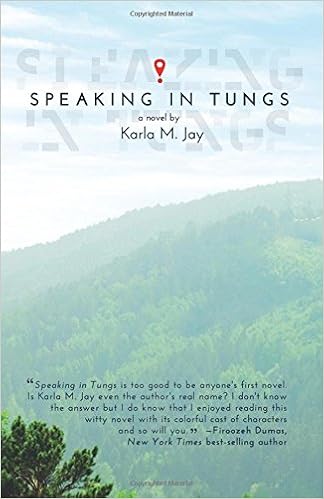Anyone who knows me knows that I don’t have to prep myself to write at the beach. Mountains? Yes. Forest? Yes. Beach? Please, no.
But I do have to develop a summer writing habit every year. My son is a swimmer who swims in the city summer league. This summer he is also working as a life guard and he graduated from high school. We’re the house where his friends gather so my schedule is . . . Variable seems like a kind way to put it.
How do you write with a highly variable summer schedule? Here are four tips.
Acknowledge summer. This is my son’s last year in the summer league. A lot of these boys are going away to school. Since they are people I genuinely like, I want to spend time with them. Step #1 – I need to acknowledge that. Check.
Acknowledge that you need to write. I have contracts for three books. I expected to be done with one of them by now but you know what they say about well laid plans. Add to this the fact that my writing income isn’t gravy. We need it. Don’t have contracts or writing income yet? If you’re a writer, you probably still need to write. Come on, say it with me. “I am a writer. I need to write.”
Acknowledge that something may need to go. That’s right. Clean house, starting with your desk or wherever you work. You don’t want to spend 30 minutes looking for an edited hard copy when you only have an hour to write. But also clean up your writing habits. This might mean not checking Facebook when you have writing time. It might also mean leaving a dysfunctional critique group or giving up a volunteer gig that stresses you out. Clean house and give yourself the time and energy to write.
Acknowledge yourself. Working women have a tendency to short change ourselves. Yes, I need to spend time with the boys and I need to write, but I also need to stay sane. That means taking some time to do things I enjoy. The boys took a road trip last weekend. Sadly, they didn’t have room for little ol’ me. I watched movies they don’t like, listened to an audio book, crocheted and ate things they don’t like. I wrote some, but I also quit by 7:00 pm on Friday so I’d have plenty of time to relax.
Balance is key even in a summer schedule.
--SueBE
To find out more about Sue Bradford Edwards' writing, visit her blog, One Writer's Journey. Sue is also the instructor for Writing Nonfiction for Children and Young Adults. The next session begins June 12th.
Read More »
But I do have to develop a summer writing habit every year. My son is a swimmer who swims in the city summer league. This summer he is also working as a life guard and he graduated from high school. We’re the house where his friends gather so my schedule is . . . Variable seems like a kind way to put it.
How do you write with a highly variable summer schedule? Here are four tips.
Acknowledge summer. This is my son’s last year in the summer league. A lot of these boys are going away to school. Since they are people I genuinely like, I want to spend time with them. Step #1 – I need to acknowledge that. Check.
Acknowledge that you need to write. I have contracts for three books. I expected to be done with one of them by now but you know what they say about well laid plans. Add to this the fact that my writing income isn’t gravy. We need it. Don’t have contracts or writing income yet? If you’re a writer, you probably still need to write. Come on, say it with me. “I am a writer. I need to write.”
Acknowledge that something may need to go. That’s right. Clean house, starting with your desk or wherever you work. You don’t want to spend 30 minutes looking for an edited hard copy when you only have an hour to write. But also clean up your writing habits. This might mean not checking Facebook when you have writing time. It might also mean leaving a dysfunctional critique group or giving up a volunteer gig that stresses you out. Clean house and give yourself the time and energy to write.
Acknowledge yourself. Working women have a tendency to short change ourselves. Yes, I need to spend time with the boys and I need to write, but I also need to stay sane. That means taking some time to do things I enjoy. The boys took a road trip last weekend. Sadly, they didn’t have room for little ol’ me. I watched movies they don’t like, listened to an audio book, crocheted and ate things they don’t like. I wrote some, but I also quit by 7:00 pm on Friday so I’d have plenty of time to relax.
Balance is key even in a summer schedule.
--SueBE
To find out more about Sue Bradford Edwards' writing, visit her blog, One Writer's Journey. Sue is also the instructor for Writing Nonfiction for Children and Young Adults. The next session begins June 12th.






































